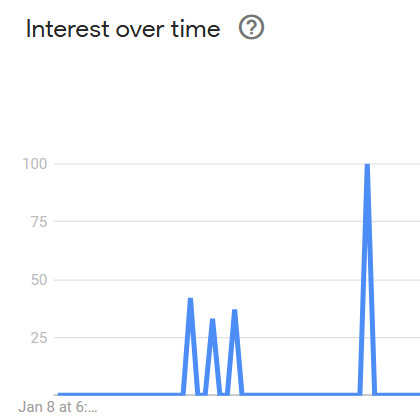
WordPress has long reigned as the dominant content management system (CMS), powering a significant portion of the web. However, recent months have witnessed a renewed surge in searches for “WordPress alternatives” on Google Trends, coinciding with a period of significant turmoil within the WordPress ecosystem.
The legal battle between Automattic and WP Engine, which has been brewing for some time, reached a boiling point in late 2024. This, coupled with Automattic’s recent announcement of reduced contributions to the core WordPress project, has significantly shaken user confidence. These events have raised concerns about the platform’s long-term stability and development trajectory, prompting many to explore alternative solutions.
Erosion of Trust
The recent actions by Automattic, including the reduction in contributions and the ongoing legal battles, have eroded trust among many in the WordPress community. Developers and users alike are questioning Automattic’s commitment to the open-source principles that have been the foundation of WordPress’s success.
Concerns about the Future of Open Source
Automattic’s shift in focus towards for-profit ventures raises concerns about the future of open-source software in general. If the primary contributor to a major open-source project prioritizes its own profits, it could set a dangerous precedent, discouraging other companies from investing in open-source projects.
Impact on Community Contributions
The reduced involvement of Automattic, a key contributor and supporter of the WordPress community, could discourage other developers from contributing to the core project. This could lead to slower development, fewer security updates, and a decline in innovation within the WordPress ecosystem.
Search for Stability and Predictability
Amidst this uncertainty, users are actively exploring platforms like Wix, Squarespace, UltimateWB, and Shopify, seeking solutions that offer enhanced features, better security, easier maintenance, or a more streamlined user experience. These platforms often provide more predictable roadmaps for future development and offer a sense of stability that may be lacking within the current WordPress ecosystem.













